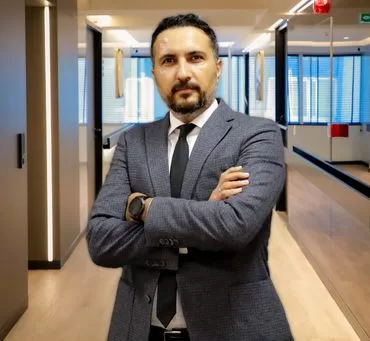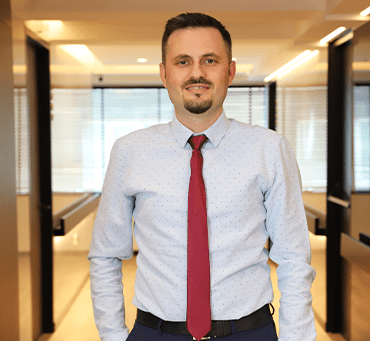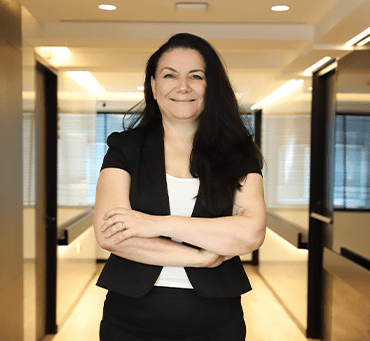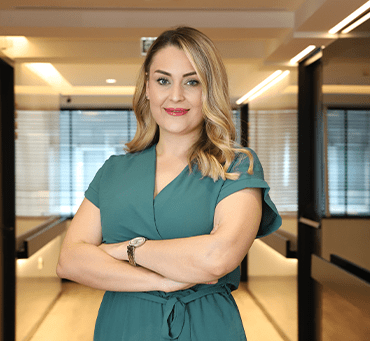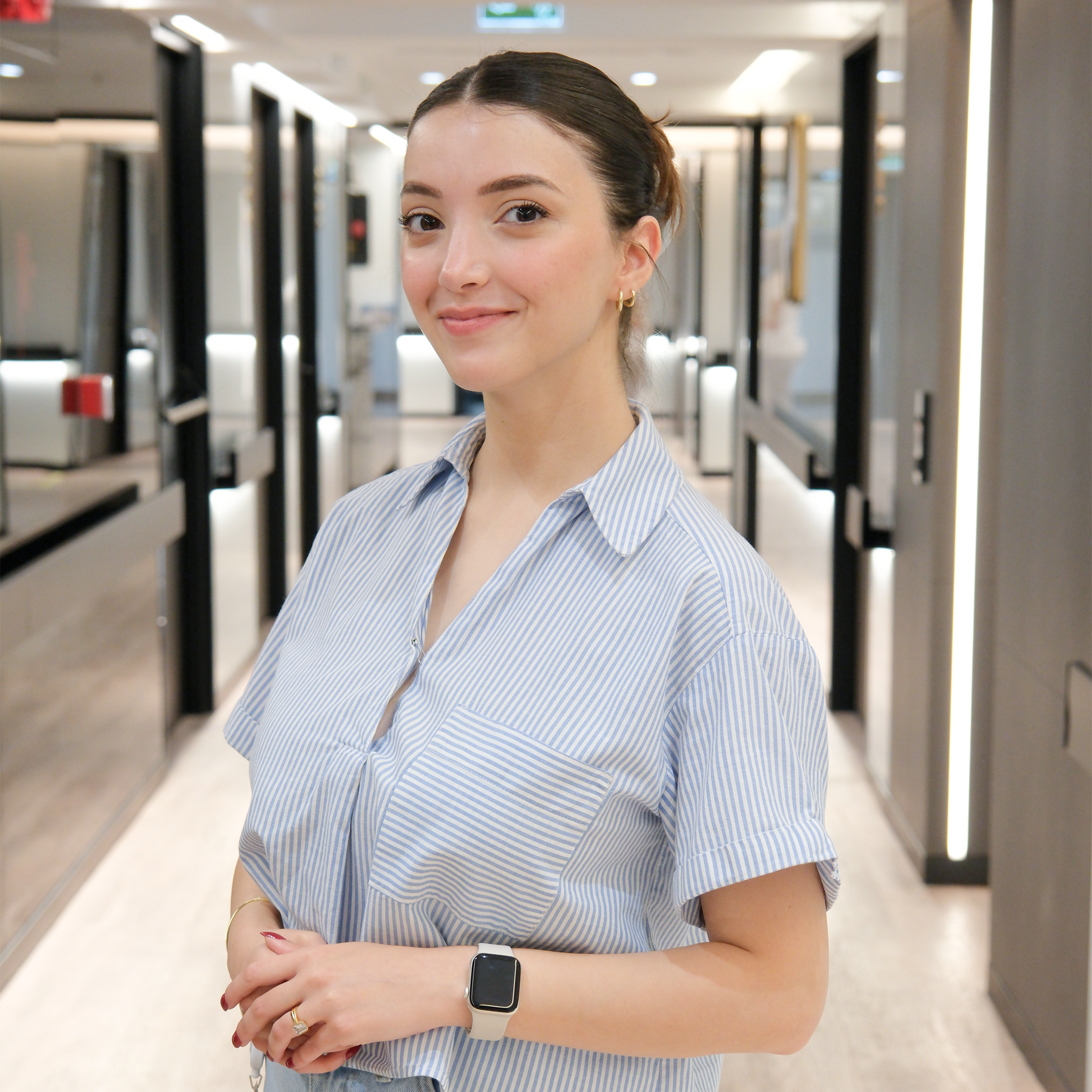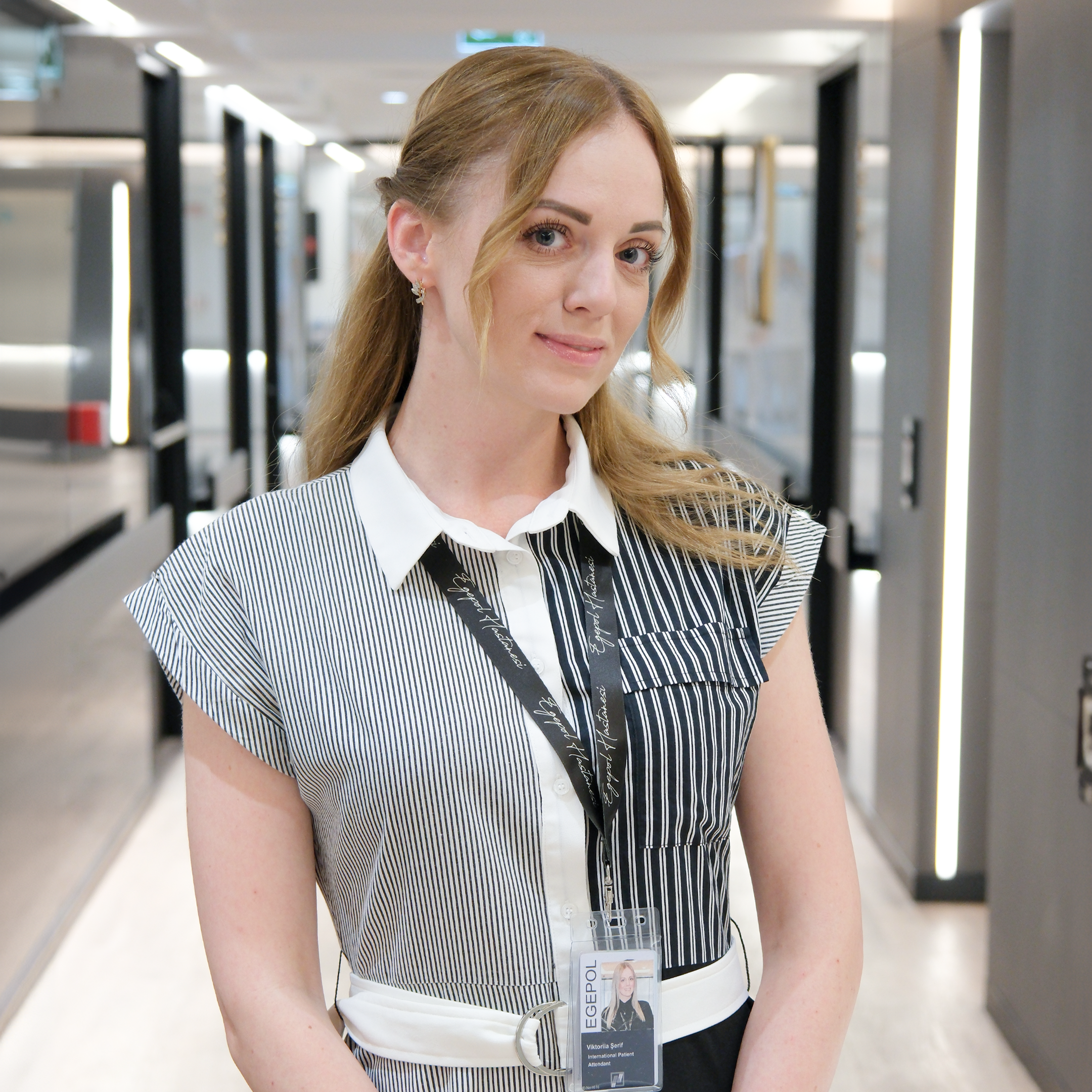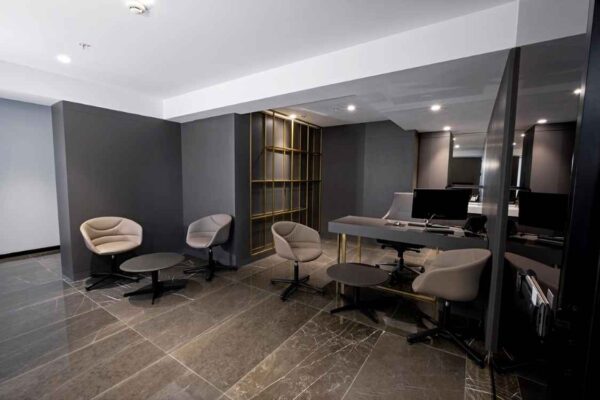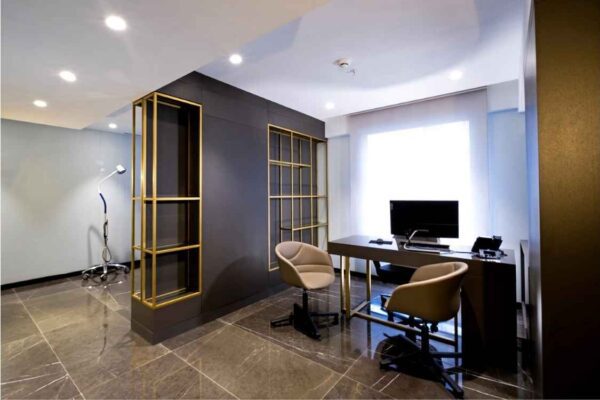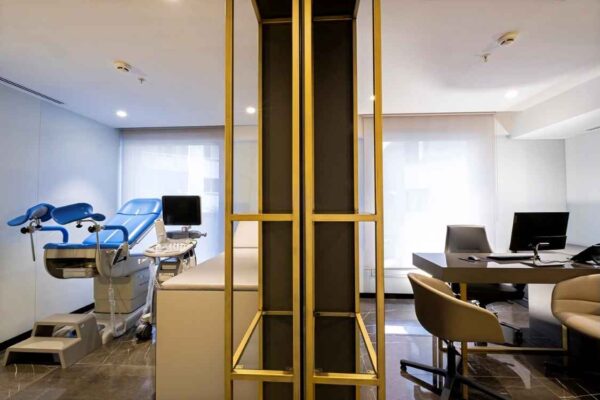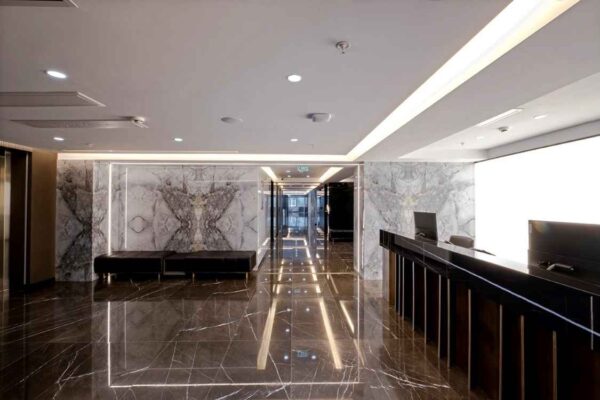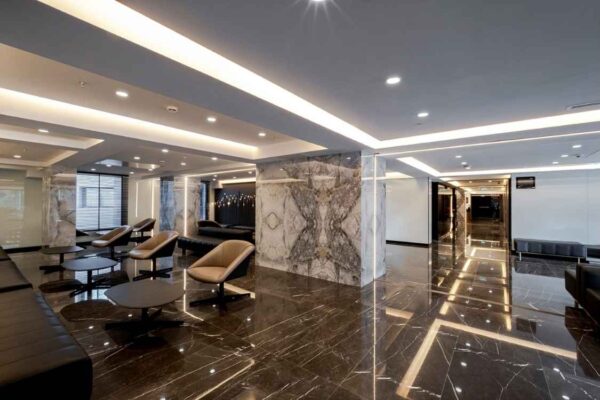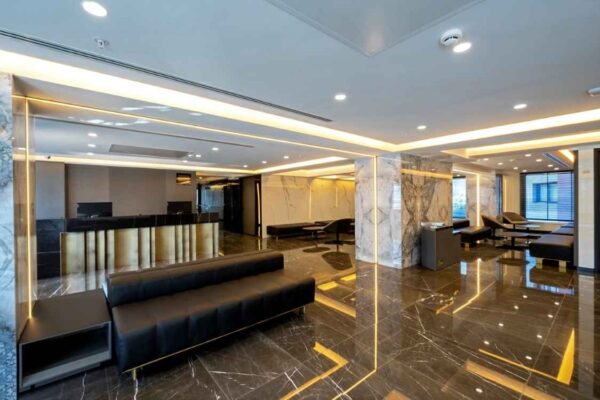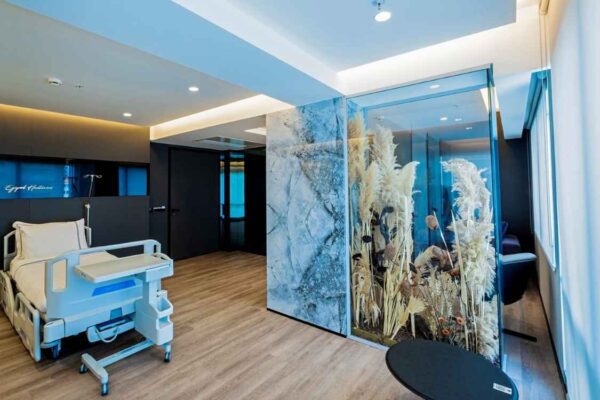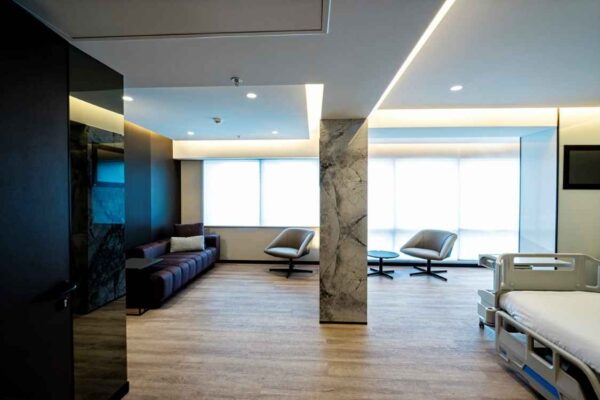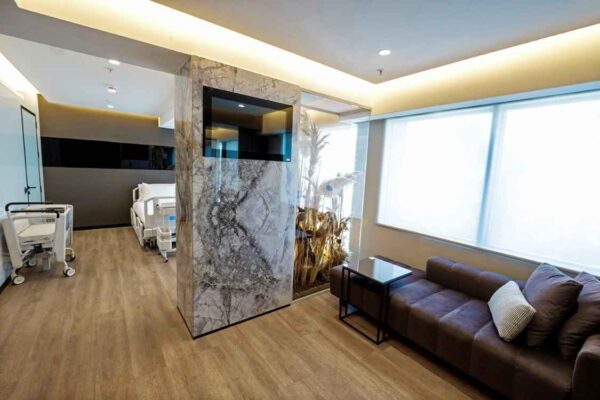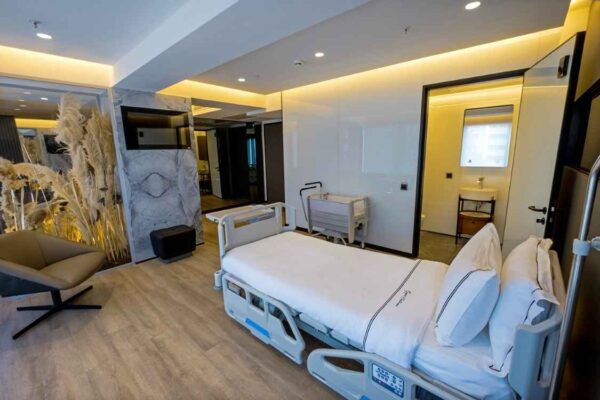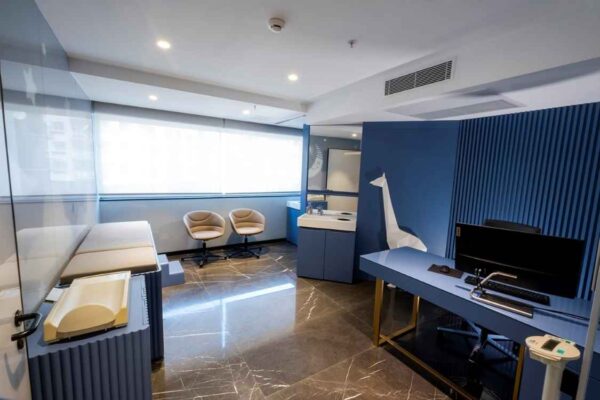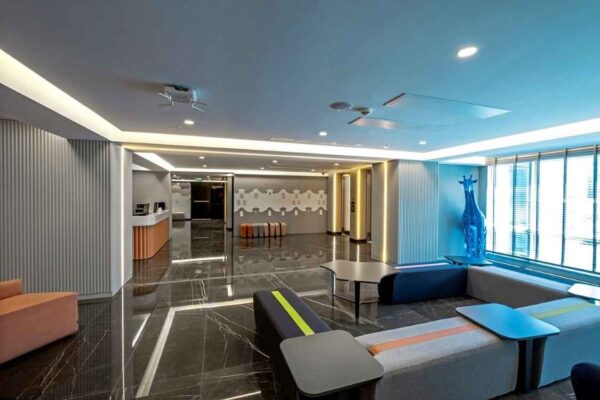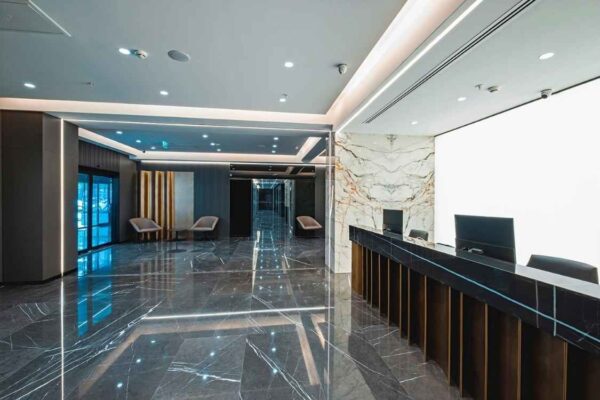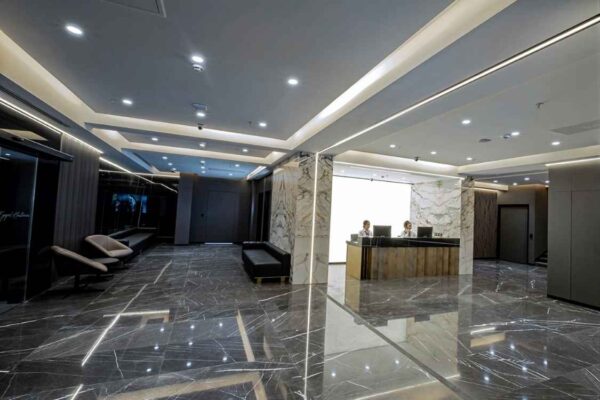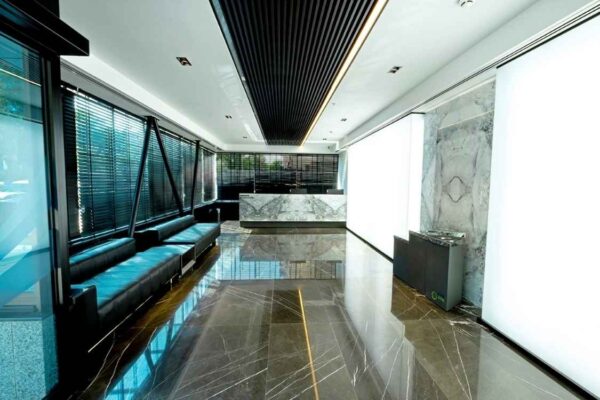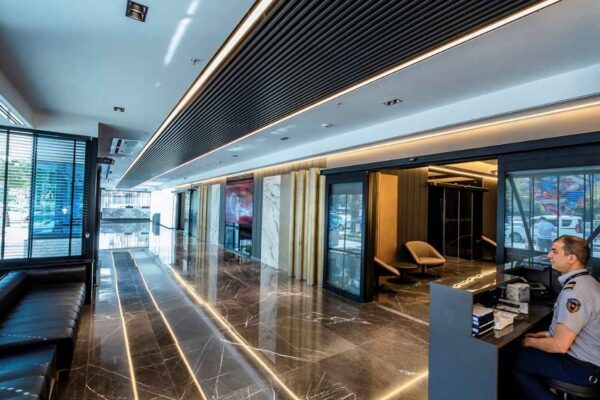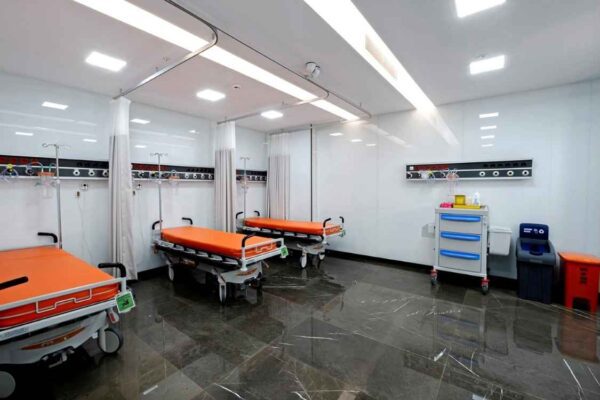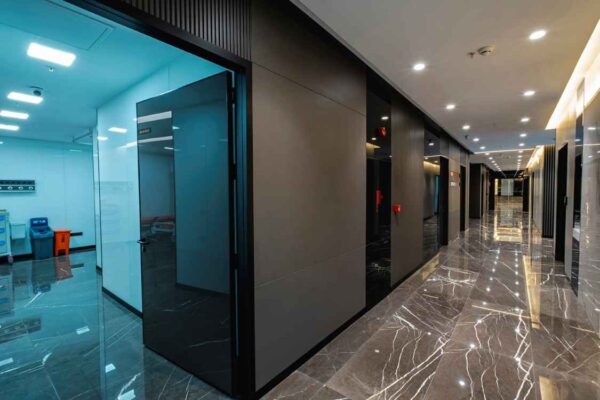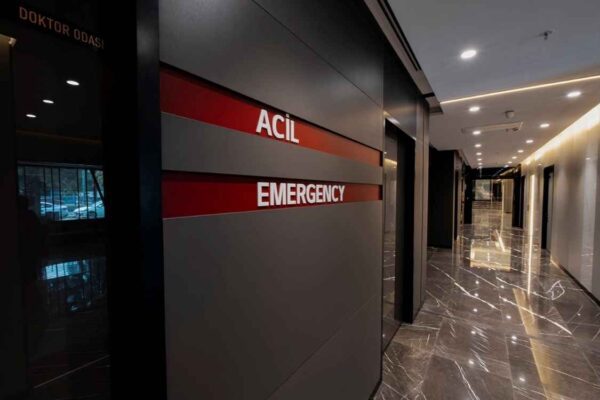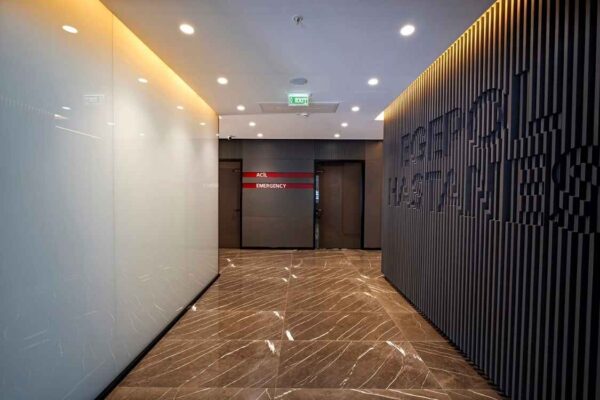A deviated septum is a common nasal ailment where the thin wall (the septum) between the nostrils is misplaced, leading to breathing problems and other related complications. Septoplasty is a surgical treatment used to rectify a deviated septum. With its well-known medical tourism business and knowledgeable medical staff, Turkey has developed into a desirable location for people seeking septoplasty. This page explains septoplasty, how it is carried out, and the benefits of having the treatment done in Turkey.
What is Septoplasty?
The septum, the thin, cartilaginous wall that splits the nasal airways into two equal halves, can be straightened surgically through a procedure called septoplasty. While normally straight in a healthy nasal anatomy, this structure can become crooked or misplaced, leading to a disease known as a deviated septum.
Understanding a Deviated Septum:
When this dividing wall moves or curves, it develops a deviated septum, which obstructs one or both nostrils. Congenital problems, trauma, or slow changes over time are only a few causes of this aberration. A deviated septum can result in a variety of discomforts and health issues in addition to being an anatomical curiosity.
Common Issues Associated with a Deviated Septum:
- Nasal congestion: One or both nasal passages’ airflow might be considerably reduced by a deviated septum. Chronic nasal congestion, which makes it challenging to breathe through the nose, might arise from this.
- Difficulty Breathing: Reduced airflow can make it harder to breathe, especially when engaging in strenuous activity or while resting. Some people could have a persistent sense of stuffiness.
- Snoring: When airflow in the nasal passages is restricted, snoring frequently results. Snoring may result from a deviated septum and cause sleep disruptions for the affected person as well as their bed companion.
- Sinus Infections: A deviated septum can block the flow of mucus out of the sinuses, making sinus infections and recurrent sinusitis more likely.
- Nasal Drying and Crusting: Reduced airflow can result in nasal dryness and crusting, which can be uncomfortable and increase the risk of nosebleeds.
- Sleep Apnea: The serious sleep problem known as sleep apnea, which is characterized by interrupted breathing while you sleep, can occasionally be caused by or made worse by a deviated septum.
The Role of Septoplasty:
By straightening the septum, septoplasty is a surgical treatment that aims to solve these problems. The deviated sections of the septum are meticulously repositioned by the surgeon during surgery, bringing it back to a more central, straightened position. The nasal passageways are opened up as a result of this realignment, improving airflow.
Benefits of Septoplasty:
- Enhanced Breathing: Septoplasty greatly improves nasal airflow by reversing the deviation, making it simpler to breathe via the nose.
- Reduced Congestion: Patients frequently report less nasal congestion, which enables them to breathe easily and pleasantly.
- Reduced Snoring: Septoplasty can reduce snoring, enhancing both the patient’s and their partner’s sleep.
- Sinus Health: Improved drainage can lessen the incidence of sinus infections and other issues related to the sinuses.
- Enhanced Quality of Life: Improved Quality of Life: By resolving persistent nose problems and discomfort, septoplasty can result in a general improvement in the patient’s quality of life.
How is Septoplasty Performed?
- Preoperative Evaluation: A thorough evaluation is carried out prior to surgery, which may include a physical examination, a nasal endoscopy, and imaging tests like a CT scan. This aids the surgeon in comprehending the severity and characteristics of the septal deviation.
- Anesthesia: Depending on the complexity of the treatment and the patient’s preferences, septoplasty is performed under local or general anesthesia.
- Incision and Septum Repositioning: The surgeon creates an internal incision to gain access to the septum and then repositions it. Then, to make the nasal passage more straight, the deviated sections of the septum are carefully realigned or clipped.
- Reshaping and Reinsertion: If the septum needs to be reshaped, the surgeon may cut away extra bone or cartilage before reinserting the septum into its correct place.
- Closing Incisions: The incisions are then stitched up, and nasal splints or packing may be used to maintain the septum during the early stages of healing.
- Recovery: Managing surgical symptoms, such as nasal congestion, edema, and minor discomfort, is part of the recovery process. It is recommended that patients adhere to their surgeon’s postoperative care guidelines.
Advantages of Septoplasty in Turkey
- Skilled Surgeons: Turkey is home to a number of plastic surgeons with extensive training and expertise who specialize in septoplasty. These doctors are knowledgeable in the most recent procedures, resulting in the best possible surgical results.
- State-of-the-Art Facilities: Turkish medical facilities are outfitted with cutting-edge technology and contemporary conveniences, offering patients undergoing septoplasty a high degree of care and comfort.
- Cost-Effective Treatment: Septoplasty in Turkey is considerably less expensive than in many Western nations, without sacrificing the standard of care. This affordability is a significant draw for medical tourism.
- Tourist-Friendly Destination: Turkey is a stunning and culturally diverse nation that offers a distinctive fusion of medical care and tourism. During their tour, patients can take pleasure in seeing historical landmarks and getting a taste of the colorful Turkish culture.
- Multilingual Medical Staff: Many Turkish healthcare workers are fluent in English and other languages, ensuring efficient communication and a positive patient experience for visitors.
In conclusion, septoplasty in Turkey offers a unique combination of skill, technology, cost effectiveness, and a culturally rich experience, making it a fantastic option for people looking to repair septal irregularity. Patients can experience the beauty and culture of this extraordinary country while getting a well-done procedure.
Our Team
Our Hospital
Atilla, Halide Edip Adıvar St.
No:57, 35270 Konak/İzmir




